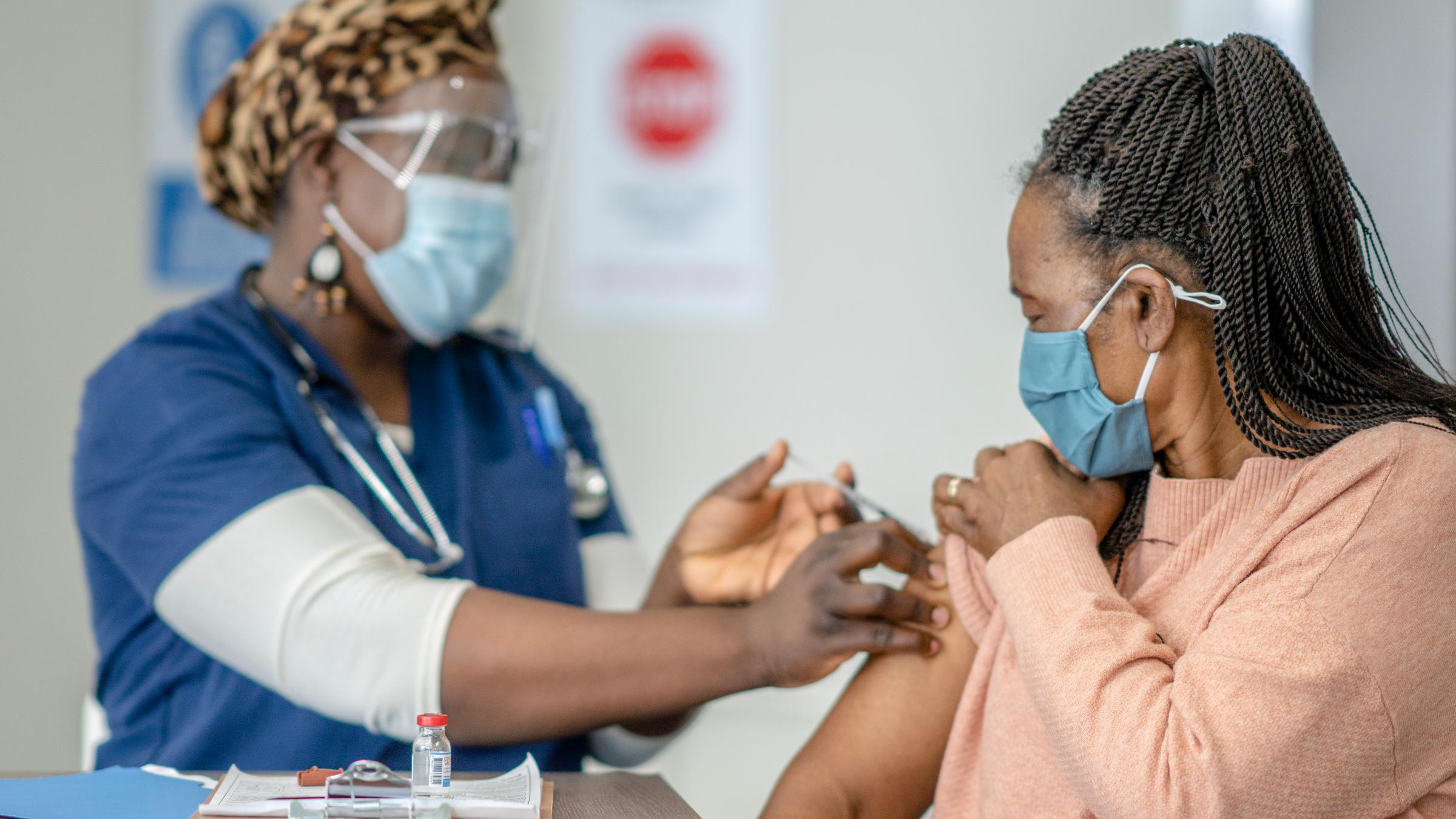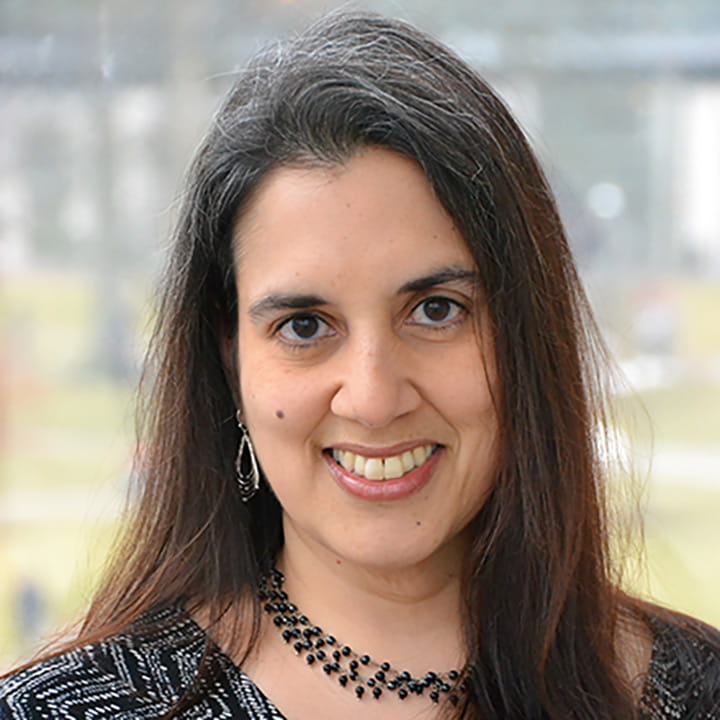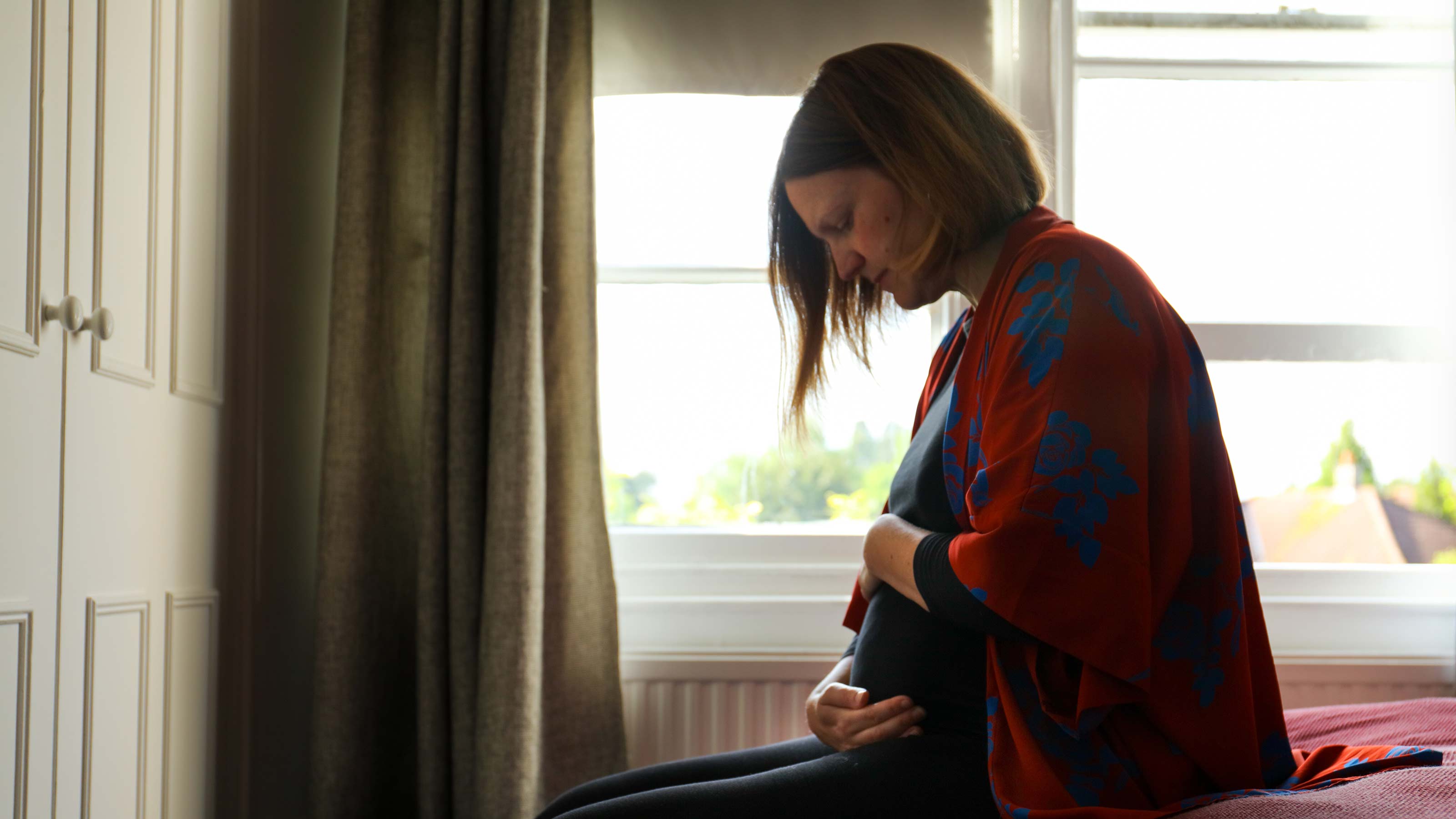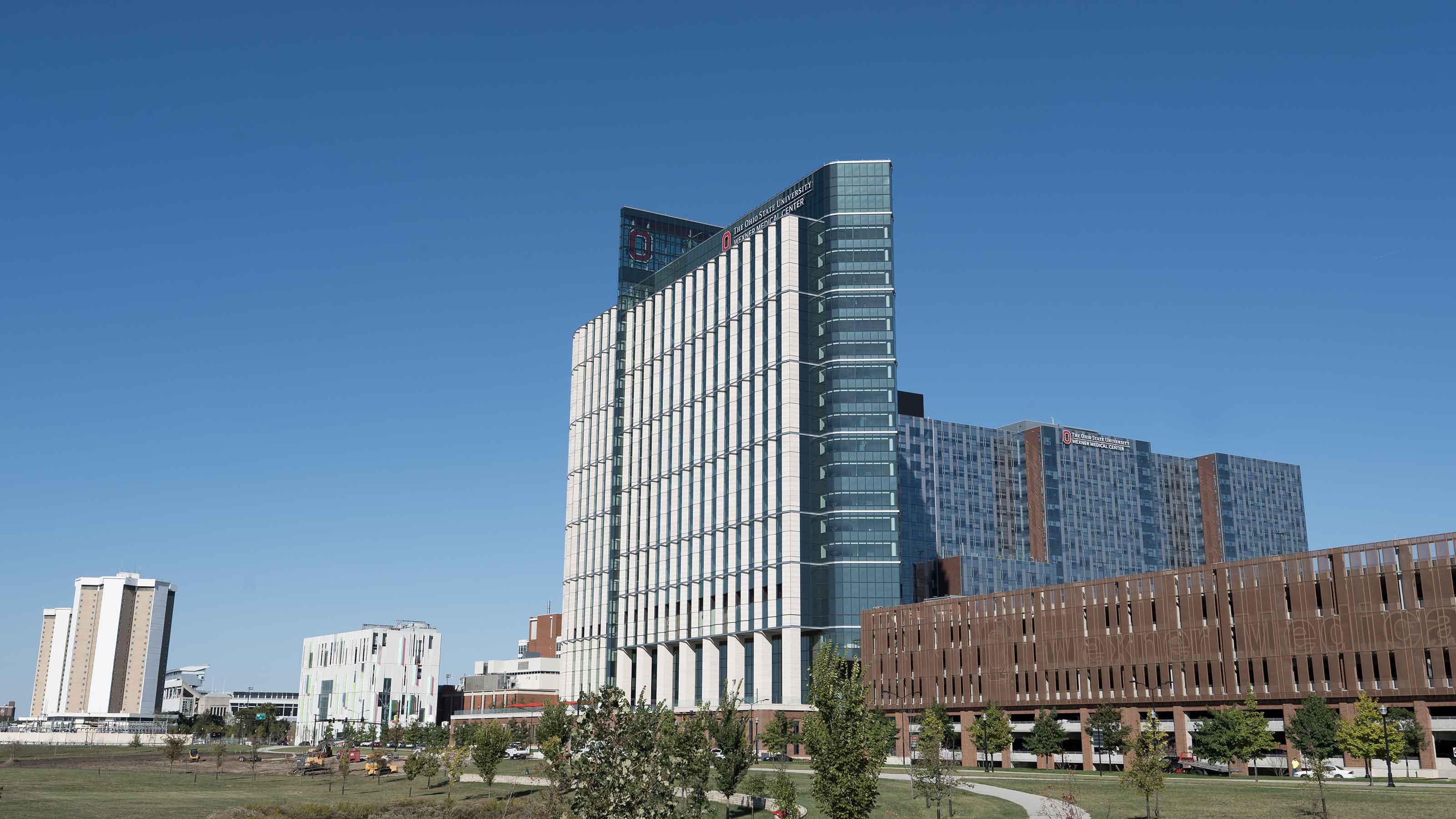
I recently was the lead author on a study that shows a sharp decline in the percentage of Black Americans who are reluctant to get a COVID-19 vaccination. Here, I answer some questions about the study, published in the journal JAMA Network Open, and my work with communities of color.
What are the main findings?
The study shows that the rate of vaccine hesitancy fell among Black people at a far greater rate than the rate among white people.
In surveys conducted among 1,200 initial participants in early December 2020, shortly before vaccines were available in the United States, 38% of Black participants and 28% of white participants were hesitant to get vaccinated. By June 2021, 26% of Black participants and 27% of white participants remained hesitant.
The main reason for the change among Black people was increasing belief that vaccines were necessary to protect themselves and their communities.
Why was there such a shift among Black Americans?
People in Black communities are no different from other Americans in their desire to protect themselves and their communities from illness. Many Black Americans didn’t want to be the first to receive the COVID-19 vaccine over concern about being used as “guinea pigs” to determine safety and effectiveness. They waited to hear from trusted sources for assurance that the vaccines had been studied and were safe.
The results of that are what we see in this study: Hesitance was high, but then it wasn't so high. It dropped because people got the information they needed and change their minds.
It’s a mistake to make broad assumptions about health care opinions based on race. I had believed that Black communities would be very motivated to use the vaccines if indeed it came to pass that they were safe and that many people could take them without problems. And that’s what happened.
Why were initial hesitancy rates high?
There is some truth to the assumption that Black communities can be wary of new medical treatments. And they have good reason. As we point out in the study, distrust has been driven by instances of historical racism and institutional racism, such as the Tuskegee syphilis study and the nonconsensual use of cancer cells from Henrietta Lacks.
However, there are also strong reasons why these communities would opt for vaccinations that are proven safe and effective. Like everybody else, Black Americans are organized around protecting themselves and protecting their communities.
Why is there still a lag in vaccination rates among Black Americans?
Openness to vaccines doesn’t always translate to actual vaccinations. With hesitancy ruled out as the sole reason for lower vaccination rates among Black Americans, the most likely explanation is barriers to vaccine access, such as transportation difficulties, concerns about missing work, or language differences.
Public agencies, medical systems and community organizations have been tasked with finding solutions to these access barriers. It’s important that we all continue broad efforts to ensure that the most vulnerable Americans have access to any current or future COVID-19 booster doses.
Why did you decide to do the study?
Near the end of 2020, just before COVID-19 vaccines made their debut, a lot of assumptions were being made about Black Americans. The speculation was that the Black population wouldn’t be interested in the vaccines and probably wouldn’t use them.
I’d been working for months on the COVID-19 response in communities with high populations of Black people and other people of color, and the vaccine hesitancy theory just didn’t ring true for me. As a public health researcher, I decided to explore the issue with experts in communication and psychology here at Ohio State and communications researchers at Northwestern University in Illinois and Merrimack College in Massachusetts who had been collecting relevant data.
What are some examples of efforts taken to increase access?
One of the ways I sought to help was by helping create the Community Vaccine Partners program that partnered The Ohio State University Wexner Medical Center with faith-based and community organizations. The program ensured priority access to vaccinations for people living in underserved Columbus neighborhoods in specific ZIP codes. And partnering with community groups allowed us to tear down some barriers.
Nearly 14,000 people from the priority neighborhoods received vaccinations, with more than 27,000 shots given at three locations.

Ready to get vaccinated?
We have appointments available as early as today.
Schedule now




